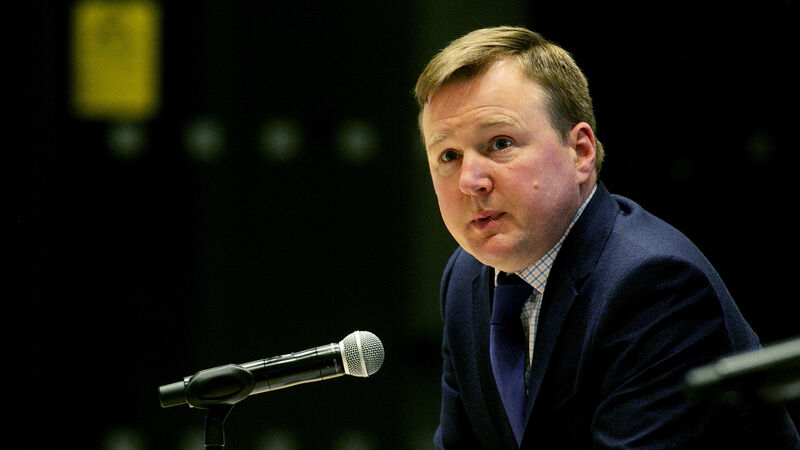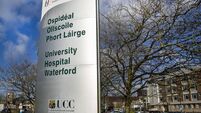Q&A: The new variant of Covid-19

Chairman of the Nphet advisory group Dr Cillian De Gascun. Picture: Sam Boal.
Yes, a new variant called VUI-202012/01 was confirmed in parts of the UK, but not Northern Ireland. However, DUP leader Arlene Foster warned this morning that it could be there.
It was also confirmed by the World Health Organization in Denmark, Gibraltar, the Netherlands, and Australia. French, Italian, and South African officials have warned it also may be circulating there.
Senior lecturer at the UCC School of Biochemistry and Cell Biology, Dr Anne Moore, said her reading indicates this variant flourished in a patient who was no clearing the virus and acted as a type of incubator.
It is normal for this type of virus to mutate. Prestigious scientific journal noted in a September article that Covid-19 is mutating at about half the rate of influenza.
We don’t know yet. Irish scientists are working on this in response to a rapid rise in cases — hitting 764 on Sunday, up from 254 the previous Sunday.
Director of the National Virus Research Laboratory Dr Cillian de Gascun said on Saturday: “We'll continue to do genome surveillance to identify the virus should it arrive in Ireland.”
Public Health Wales clinical scientist Catherine Moore posted on Twitter today that variants frequently emerge. UK teams now know it emerged there in September because they tracked it back, she wrote.
Dr Anne Moore said there seems to be about 20 mutations with this variant.
“One particular mutation makes that virus more successful at binding to cells, that is a little bit worrying,” she said.
Chief medical officer for England, Professor Chris Whitty, told a press conference that this mutation can spread more quickly, but there is no evidence that it increases mortality.
He said: “But I have to say, in my own view, this is not the worst moment in the epidemic.”
Yes, is the general opinion among Irish scientists.
Dr Anne Moore said: “The vaccines should still work, we would have to be fairly unlucky if they don’t work.
British health secretary Matt Hancock told the BBC on Sunday: “It is out of control and we need to bring it under control,” leading to the latest round of restrictions there, including a temporary travel ban between Ireland and England.
Nphet has recommended a renewed lockdown to the Government here.
Dr Moore said it is too early to tell if the rapidly rising cases are due solely to the new variant of the virus, or if increased socialising and shopping have also contributed.
Either way, she says, masks are the answer.
“Our only barrier to this virus in Ireland at the moment is physical barriers — social distancing and masks," she said. "If we want to decrease transmission, our only way of doing that, unfortunately, is by people staying apart.”





